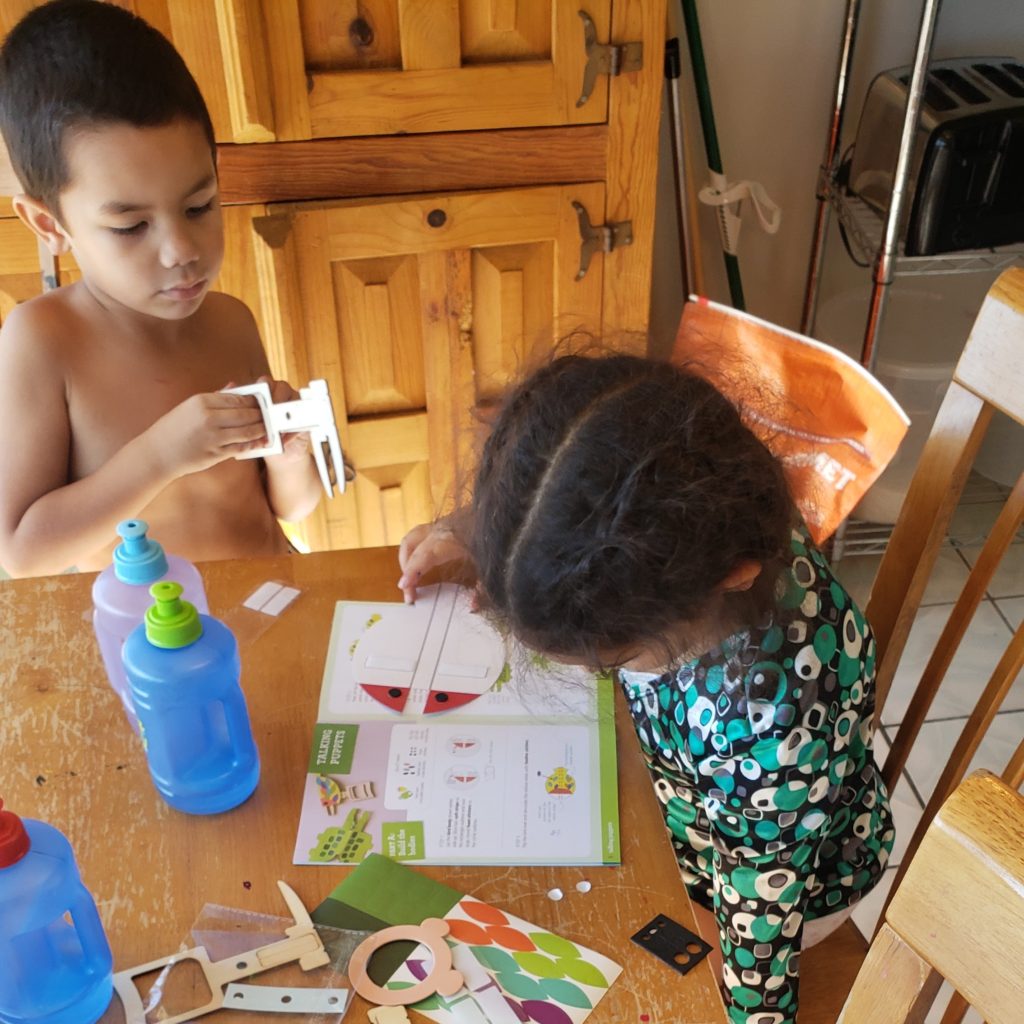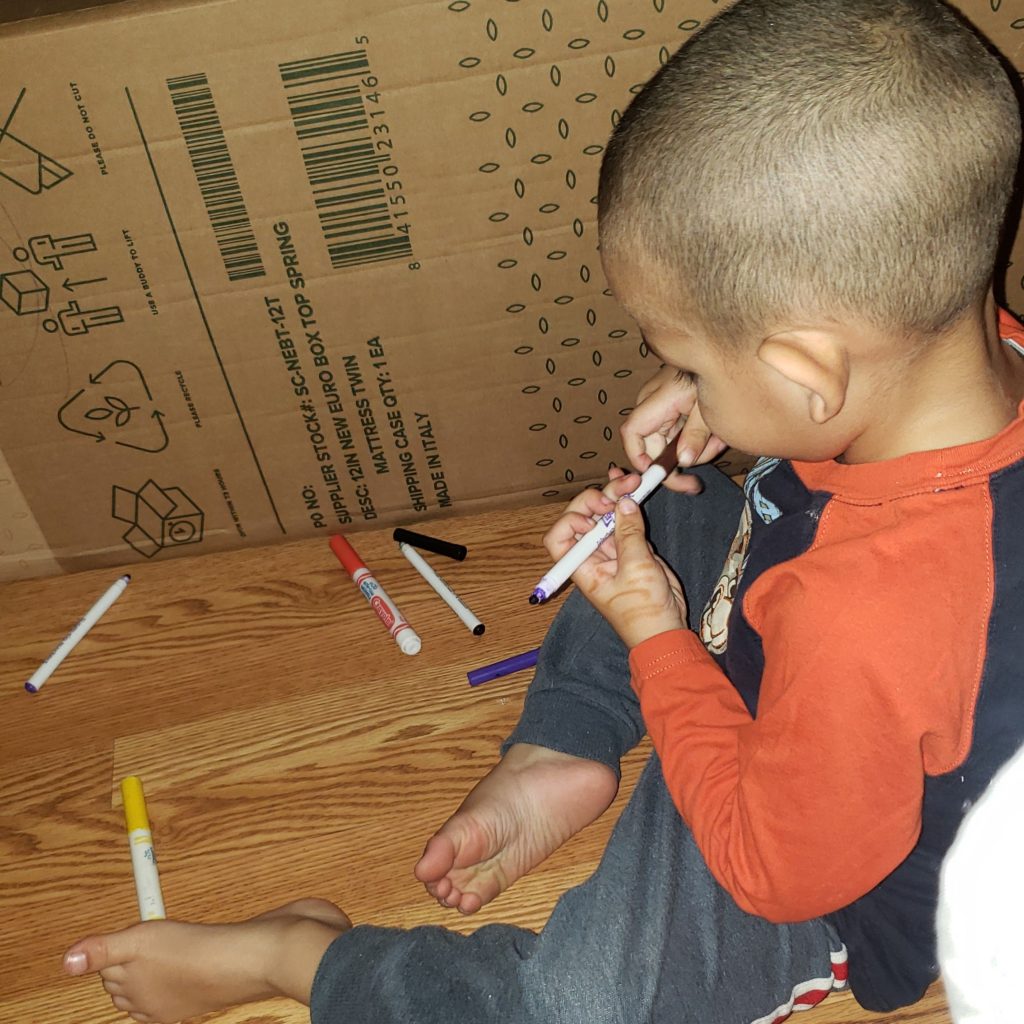So, whether you eat or drink, or whatever you do, do all to the glory of God.
1 Corinthians 10:31 ESV
Family dinners are touted as a panacea to solve any problems with your children. Bad grades? Family dinners. Mental health challenges? Family dinners. Unhealthy eating? Family dinners. Budget issues? Family dinners. The general thesis can be found here, in an article I would retitle Six “Scientific” Reasons Family Dinners Are Important For Your Child.

This comports itself as a classic case of conflating correlation and causation. Yes, it seems more than logical that families who have more dinners together would also have better outcomes in areas like mental health, grades, and budgets. But, does the physical act of sitting at a table and eating result in these things? I’m going to venture out on a limb and say no. The statistics nerd inside me is screaming about the lurking variable that is more likely to cause the positive correlation between the other variables: overall level of connection in the family. If a family is more connected and the parents are more involved, it seems more likely that children will have better outcomes AND more likely that they will have more family dinners. It’s the connection that causes both of these, not the family dinners that cause the positive outcomes.
Afa and I place a high value on connection in our family but a low value on nightly family dinners. I certainly don’t think they are bad; if your family has regular family dinners and it’s a time of joy and connection, by all means, continue doing it. However, if you are feeling pressure to make these dinners happen and they don’t really make sense for your family, allow me to explain why we choose not to have them most nights. In an average week, we only eat dinner together once or twice.
Be not among drunkards
Proverbs 23:20-21
or among gluttonous eaters of meat,
for the drunkard and the glutton will come to poverty,
and slumber will clothe them with rags.
The number one reason we don’t have regular family dinner together is that our kids don’t always eat dinner. They never have, especially Eliam; instead, they are morning eaters. They wake up and eat breakfast within about 30 minutes. Over the morning, they proceed through Second Breakfast, Elevensies, Luncheon, and usually have a full Afternoon Tea around 3pm. Often, they aren’t hungry again after that until the following morning. One of my goals is to teach them to listen to their bodies when it comes to food. They should eat if they are hungry and stop eating when they are no longer hungry. And if there is an expectation that they eat dinner when they aren’t hungry, that’s reinforcing the idea that they should eat on an external schedule.

Along the same train of thought, when they do eat in the evenings, they aren’t hungry at the same time. Afa’s parents live with us, and they tend to eat dinner between 4p and 5pm. The kids had a bigger meal around 3pm, and Afa gets home from work between 5pm-6pm. Afa and I often have meetings that start between 6:30pm-7:30pm. There isn’t really a time when everyone is available when a majority of people would also be hungry; so everyone eats when they need to. I think this also works because we only have 3 kids. I’m not sure how flexible I would be if I was trying to accommodate six or seven children, except to the extent that they could do a lot of the meal prep individually.
Dear children, let us not love with words or speech but with actions and in truth.
1 John 3:18
Another important reason that we don’t do nightly family dinners is that I want to build family connections around things that are not food-related. Growing up, we did breakfast and dinner together every day. My mom was a great cook, and eating meals together was a priority for her. Celebrations involved food. Sad days involved food. A majority of our family connections, which we had a lot of, revolved around food. In order to help my kids avoid a lifetime of struggling with an emotional relationship with food, I hope to remove so many of the emotions associated with it. I want them to eat because the food tastes good and because they need sustenance, not because they are sad and need comfort.
I make an effort to build connection into our day outside of family dinner. All the kids love to cuddle first thing in the morning and right before they go to bed. Once or twice a week, I braid Ana Lia’s hair, and that’s a special time for us to connect. Outside the pandemic, I plan family activities almost every Saturday: hiking, fishing, bicycling (this is a goal…hasn’t happened yet), the zoo, and the Children’s Museum. The kids and I go on walks most days, and we play board games and make believe together. By building connections in our family around times that do not involve food, or at least where food is not the center of the gathering, I hope to build a strong foundation in their healthy relationships with food.

The final reason that I don’t do family dinners is that on the nights I have tried, they aren’t very successful, at least for me. Honestly, I don’t enjoy cooking. If I take the time to plan and cook a big meal, I have high expectations that everyone has to eat it and enjoy it. When the kids predictably don’t, I’m stressed and exhausted from giving my heart towards this meal, AND my feelings are hurt because I feel like they don’t appreciate my hard work. Again, if this is the area in which you excel, GO FOR IT! Make the meals wonderful, special, and joyful. That’s just not the way things work in our house. I certainly have to take responsibility for my immature reactions to the situation, but if I know this one circumstance causes me to get angry and sad every time I do it and it’s unnecessary that I put myself in the situation, I’m going to find ways to connect with the kids that where I can avoid setting myself up for failure.
Jesus said, “Let the little children come to me, and do not hinder them, for the kingdom of heaven belongs to such as these.”
Matthew 19:14
I love the book Playful Parenting, and it teaches about two means of measuring connection with your kids: eye contact and laughter. I am conscious of these two things as I go through the day with the kids. How much eye contact am I making? For me, the biggest stumbling block in this area is my phone. I will be doing all sorts of stuff on my phone while the kids are playing around me, and I will respond when they ask me a question or ask me to look at something, but I’m mostly looking at my phone instead of making eye contact with them. To solve this, I have at least an hour a day when I put my phone on the charger in a separate room. To measure laughter, I consider how much we have laughed together during the day but also how much of my speech toward them was filled with a joyful tone and how much with an angry tone. To what extent am I promoting joy in my home rather than anger and frustration?

If you find yourself going whole days without connecting with your kids and your eye contact and laughter meters are low, maybe family dinners is a great first step for you. Maybe you can look at other areas, like play time, morning time, or Saturdays, where you can build more connection into your family’s flow. Spend some time considering which times and days lend themselves to connection. It’s likely to be different for every family. I try to avoid anything that adds this sort of unnecessary daily pressure to already overwhelmed parents, and I think the idea of having family dinners every night can do that for some people. So don’t feel forced to add an articial means of connection, but find one that fits your individual family and your individual children.